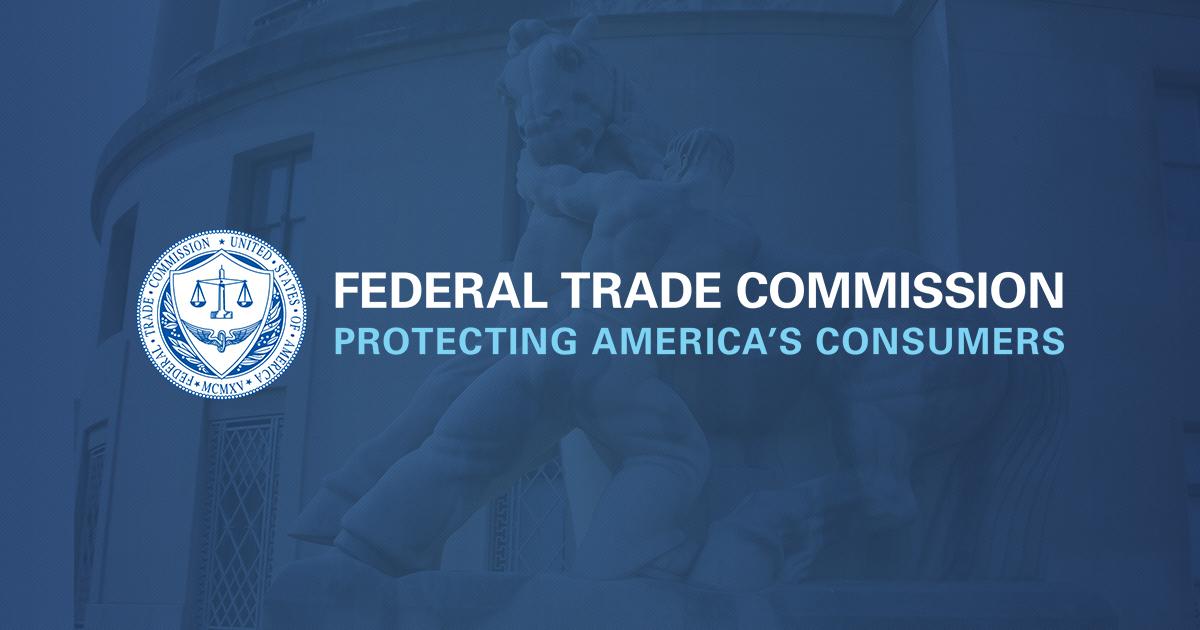Three payday lenders have agreed to settle Federal Trade Commission charges that their Internet advertising stated the cost of loans without disclosing annual percentage rate information that federal law requires. This information helps consumers compare the costs of these payday loans to other payday loans and to alternative forms of short-term credit. The settlements require that the lenders must disclose the annual percentage rate in similar loan ads in the future.
According to the FTC’s complaints, American Cash Market, Inc. and Anderson Payday Loans, both based in California, and CashPro d/b/a MakePaydayToday.com, based in Nevada, stated loan costs on their Web sites – a $20 fee for a $100 loan, for example – but failed to disclose the annual percentage rate (APR). For a typical 14-day pay period, consumers who obtain payday loans from American Cash Market would pay an APR of 460 percent; loans from CashPro would have a 520 percent APR, and loans from Anderson Payday Loans would have an APR ranging from 521 percent to 782 percent. APR disclosure helps consumers comparison shop so they can make informed decisions in securing credit. The FTC stresses the importance of APR disclosures in its consumer education publication, “Payday Loans Equal Very Costly Cash: Consumers Urged to Consider the Alternatives ,” available at http://www.ftc.gov/bcp/edu/pubs/consumer/alerts/alt060.shtm.
In typical payday loan transactions, consumers receive cash in exchange for their personal checks or authorization to debit their bank accounts, and lenders and consumers agree that consumers’ checks will not be cashed or their accounts debited until a designated future date. Payday loans have high fees and short repayment periods, which translate to high annual rates, and they often are due on the borrower’s next payday.
The proposed consent orders would prohibit these lenders from advertising certain credit offers without providing consumers with key disclosures, such as the APR, as required by the Truth in Lending Act and Regulation Z.
The Commission vote to accept the administrative complaints and consent orders was 5-0.
The FTC will publish an announcement regarding the agreement in the Federal Register shortly. The agreement will be subject to public comment for 30 days, until March 31, 2008, after which the Commission will decide whether to make it final. Comments should be addressed to the FTC, Office of the Secretary, Room H-159, 600 Pennsylvania Avenue, N.W., Washington, DC 20580. The FTC requests that any comment filed in paper form near the end of
the public comment period be sent by courier or overnight service, if possible, because U.S. postal mail in the Washington area and at the Commission is subject to delay due to heightened security precautions.
NOTE: The Commission issues a complaint when it has “reason to believe” that the law has been or is being violated, and it appears to the Commission that a proceeding is in the public interest. These complaints are not a finding or ruling that the respondents have actually violated the law. The consent agreements are for settlement purposes only and do not constitute admissions by the respondents of a law violation.
Copies of the complaints, consent orders, and analyses to aid public comment are available from the FTC’s Web site at http://www.ftc.gov and the FTC’s Consumer Response Center, Room 130, 600 Pennsylvania Avenue, N.W., Washington, DC 20580. The FTC works for the consumer to prevent fraudulent, deceptive, and unfair business practices and to provide information to help spot, stop, and avoid them. To file a complaint in English or Spanish, click http://www.ftc.gov/ftc/complaint.shtm or call 1-877-382-4357. The FTC enters Internet, telemarketing, identity theft, and other fraud-related complaints into Consumer Sentinel, a secure, online database available to more than 1,600 civil and criminal law enforcement agencies in the U.S. and abroad. For free information on a variety of consumer topics, click http://ftc.gov/bcp/consumer.shtm.

